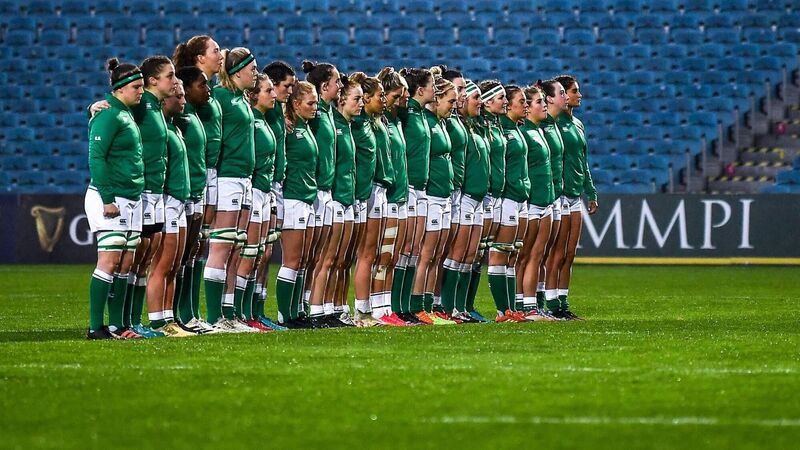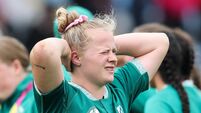IRFU must listen, learn, and then act to save women's rugby

A sport that receives state funding must reflect the country around it and it will never do that if those tasked with making all its decisions are from one demographic. Photo by Harry Murphy/Sportsfile















